Winter Driving
In our previous post, we asked this question:
What percentage of Canadians share a credit score of between 750-799, as reported by TransUnion?
Answer: 27% of Canada’s population has a score in this range! Statistics show that means only 2% of borrowers in this category will go bankrupt or default on a loan within the next two years – that means if your score is in this range, you’re far more likely to get that mortgage, loan, or other credit you’ve applied for!
Did you get it?
Now for this post’s question!
At what temperatures do drivers need to watch out for the forming of black ice?
We’ll reveal the answer next time!
Driving on Canadian roads in the winter can be unpredictable to say the least! The weather seems to change in a flash, and the difference between a good winter driver and a bad one is the ability to react immediately to road situations anticipating crises or potential issues and skilfully avoiding them.
While the MTO has released a brochure this year on preparing yourself for winter driving, we wanted to take a moment to summarize some of the important points before you head out onto the road this week but when you have a chance, we do highly encourage you to read it through and to pass it along to friends and loved ones. Being informed means staying safe!
You can find that brochure right here: Winter Driving – Be Prepared, Be Safe!
Be Prepared for Anything
“Be prepared” isn’t just a Boy Scout motto, it’s a good rule of thumb for life, especially when you know you might be entering into a tricky situation like winter driving.
Before the rough stuff hits, ensure that your vehicle is adequately prepared for the challenges of winter: make sure the maintenance is up to date, including battery, belts, hoses, radiator, oil, lights, brakes, exhaust, heater/defroster, wipers, ignition, and especially the tires.
Put an extra jug of windshield washer fluid in the vehicle, and keep a half tank of gas at all times, you never know when winter conditions may force a slowdown and require you to use more gas than planned to get to your destination.
If you can, and especially in the snow belt of Southern Ontario, invest in snow tires. Yes, it costs money, but it can be a potential lifesaver in a tricky situation. Winter tires mean better handling, control, and stability on snow, slush, and ice.
Know the Weather, Drive Accordingly!
Before you leave to go anywhere, take five seconds out of your day to check on travel conditions. Even if you’re just heading across town, knowing what to expect outside will mentally prepare you for your time on the road.
On longer trips, plan your route, and if you can, let someone know what way you’re going – especially if there’s a possibility for inclement weather. Clear your car completely before getting on the road, and top up fluids as required. This isn’t just about you – it’s about keeping all the other drivers safe, too!
Not sure if you can handle the winter this year? There are advanced driver-training courses that teach emergency driving skills. It may be worth your while, and it may save your or your child’s life in an emergency situation.
Stay Alert on the Road
While you’re on the road, here are a few things to keep in mind that can make a big difference to the safety of you and other drivers:
1) Turn on your vehicle’s full lighting system during times of reduced visibility. Never, ever stop on the road?€?if you need to stop, find a designated parking area and pull over until it is safe to continue.
2) Keep your eyes far ahead! If you look only directly in front of your vehicle, there won?€?t be enough time to react in an emergency.
3) On a dry road, keep a two-second distance between yourself and the car ahead of you but in wet or snowy conditions, increase this to four seconds. It’s not optional, it’s a matter of life or death.
4) Slow down, slow down, slow down! Drive to the conditions, and stay safe. If someone is following too closely, it?€?s not your job to speed up to please them. Drive to the weather, not to the demands of other drivers.
5) If you’re the one making demands on others, shift your thinking. Winter driving requires patience. Excess passing or lane changing can send you into an uncontrolled skid and never, ever pass a snow plow. Take a deep breath and stay back. They’re making the road safer for you!
Respect Other Drivers on the Road
The MTO brochure we linked to above provides some excellent information as to why it is critical that all drivers respect the space around snow plows on our highways. There have been many fatalities due to drivers attempting to pass plows or following too close despite the fact that with a plow in front of you, your road condition will automatically improve as they do their job!
From emergency vehicles to other drivers, respecting the space around other vehicles and the road conditions during your journey will go a very long way to ensuring that everyone gets to their destination safely, regardless of the weather.
Winter driving can be stressful, but being road-ready and alert to the changes in weather and road conditions keeps you smart and safe!




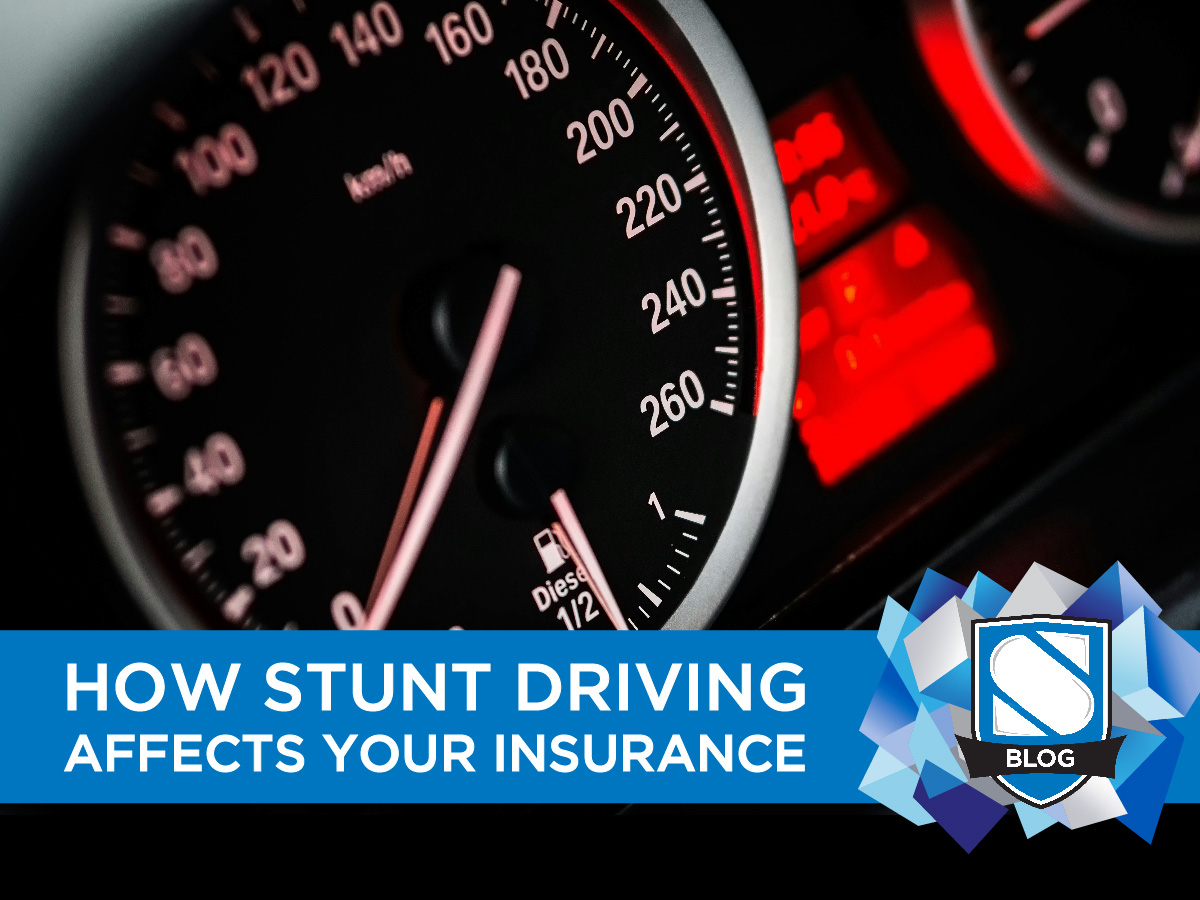


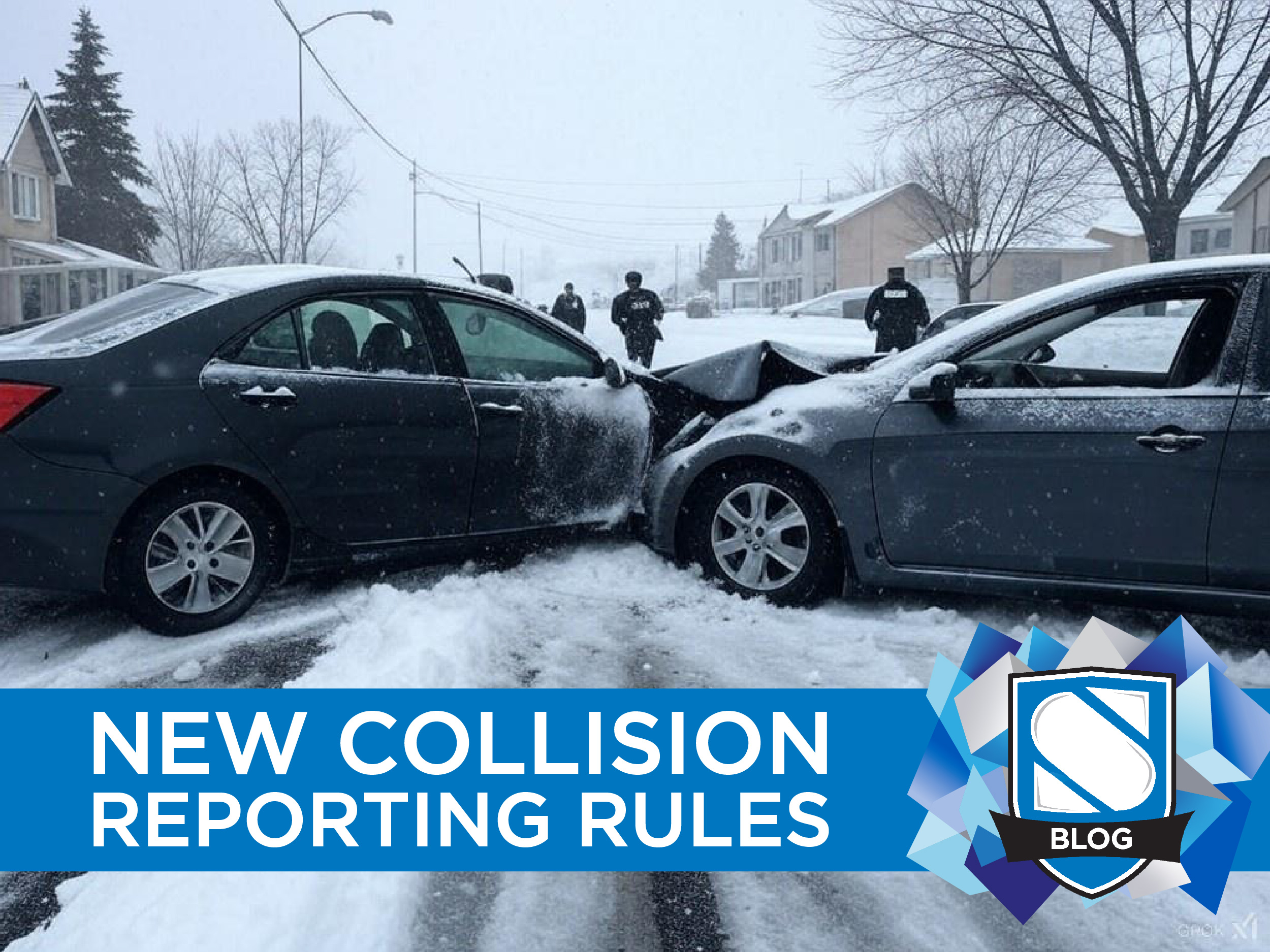
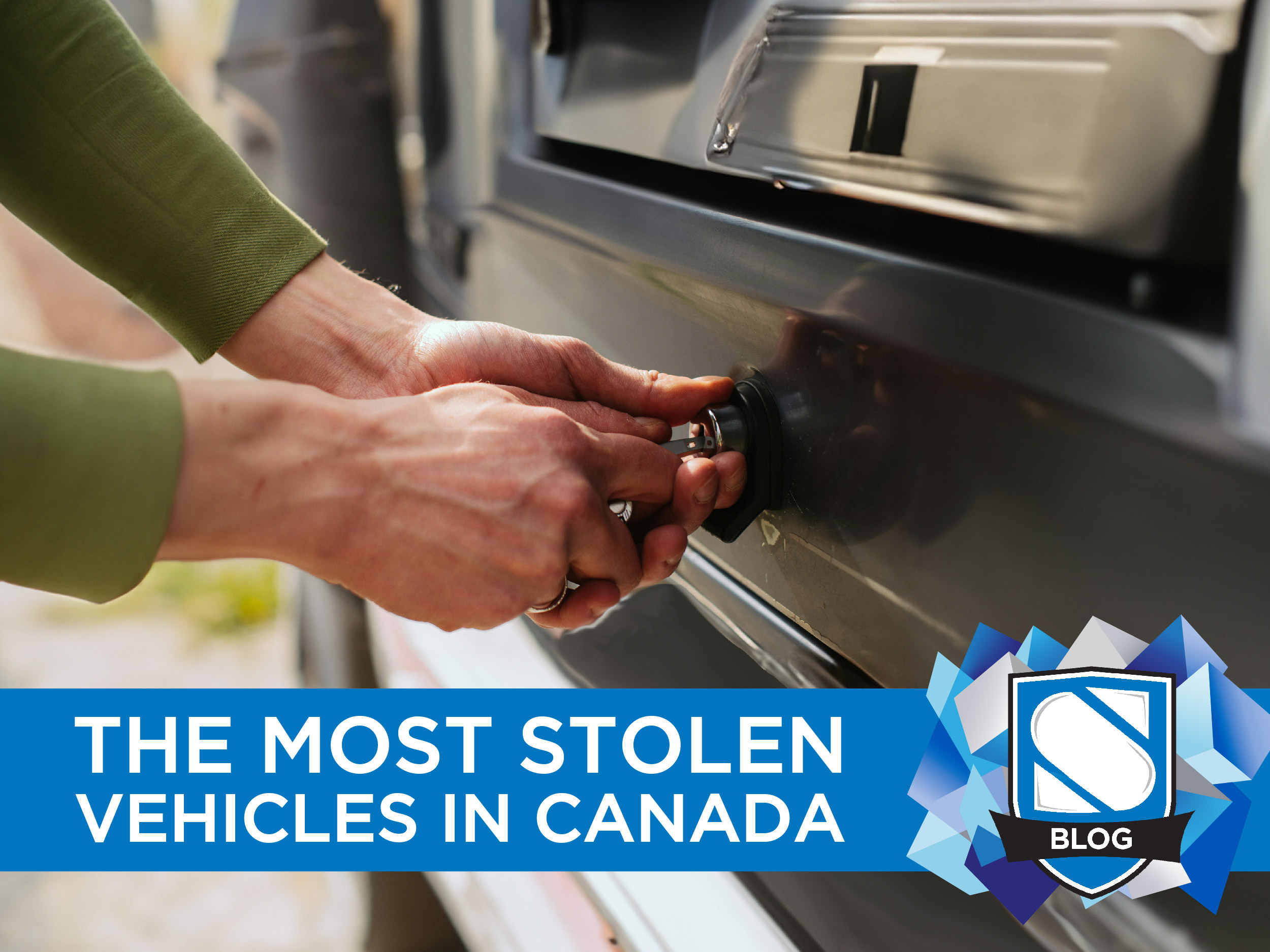

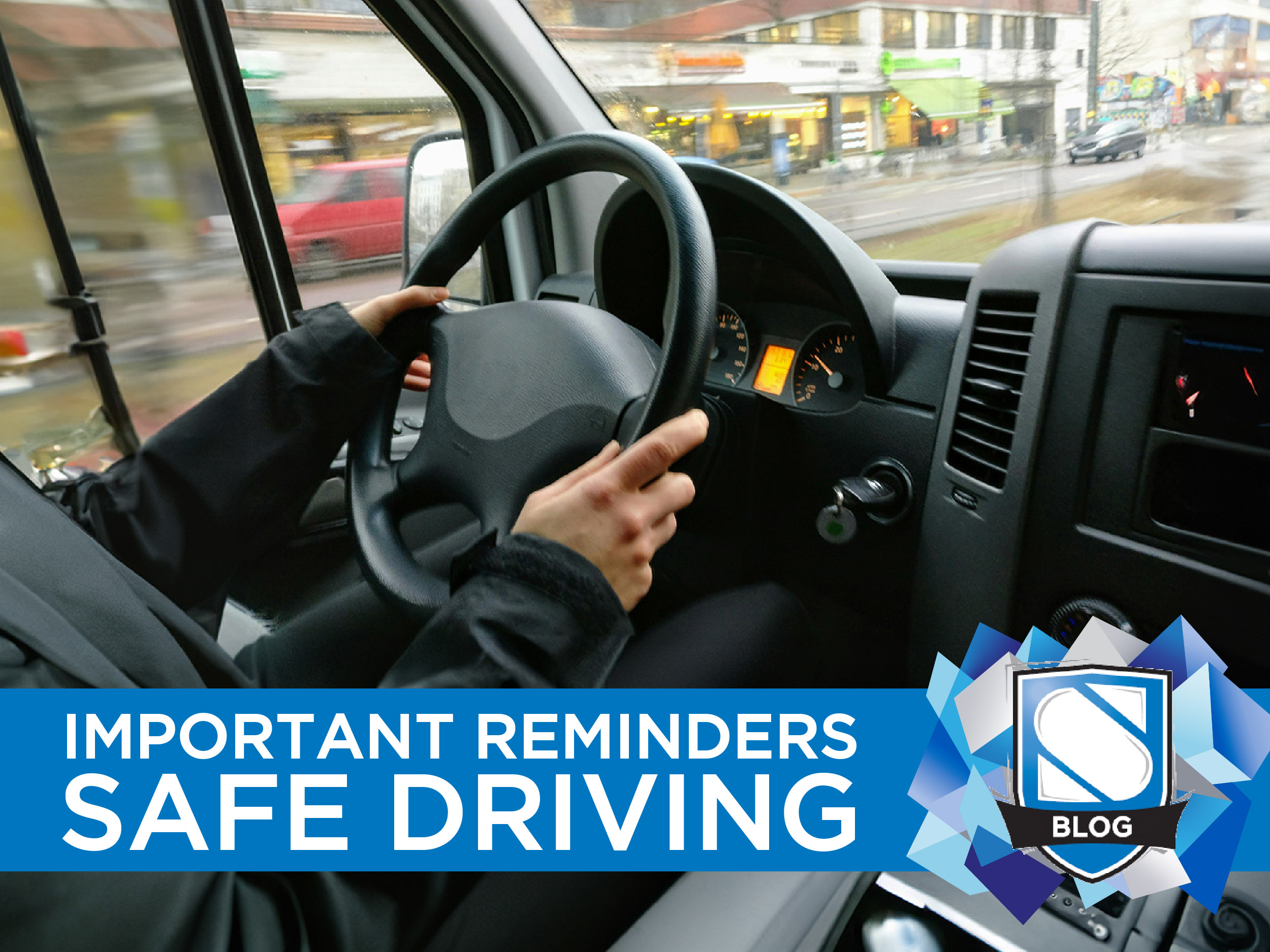
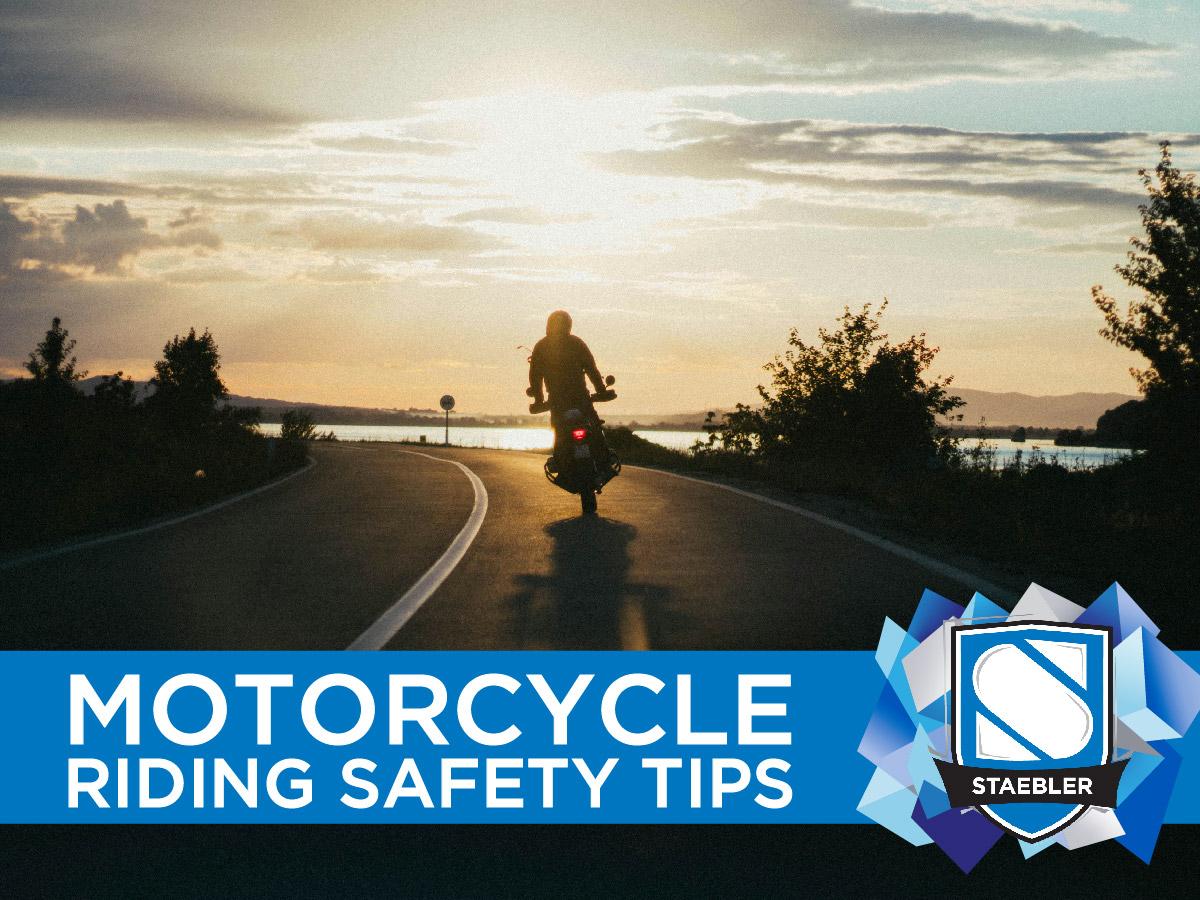
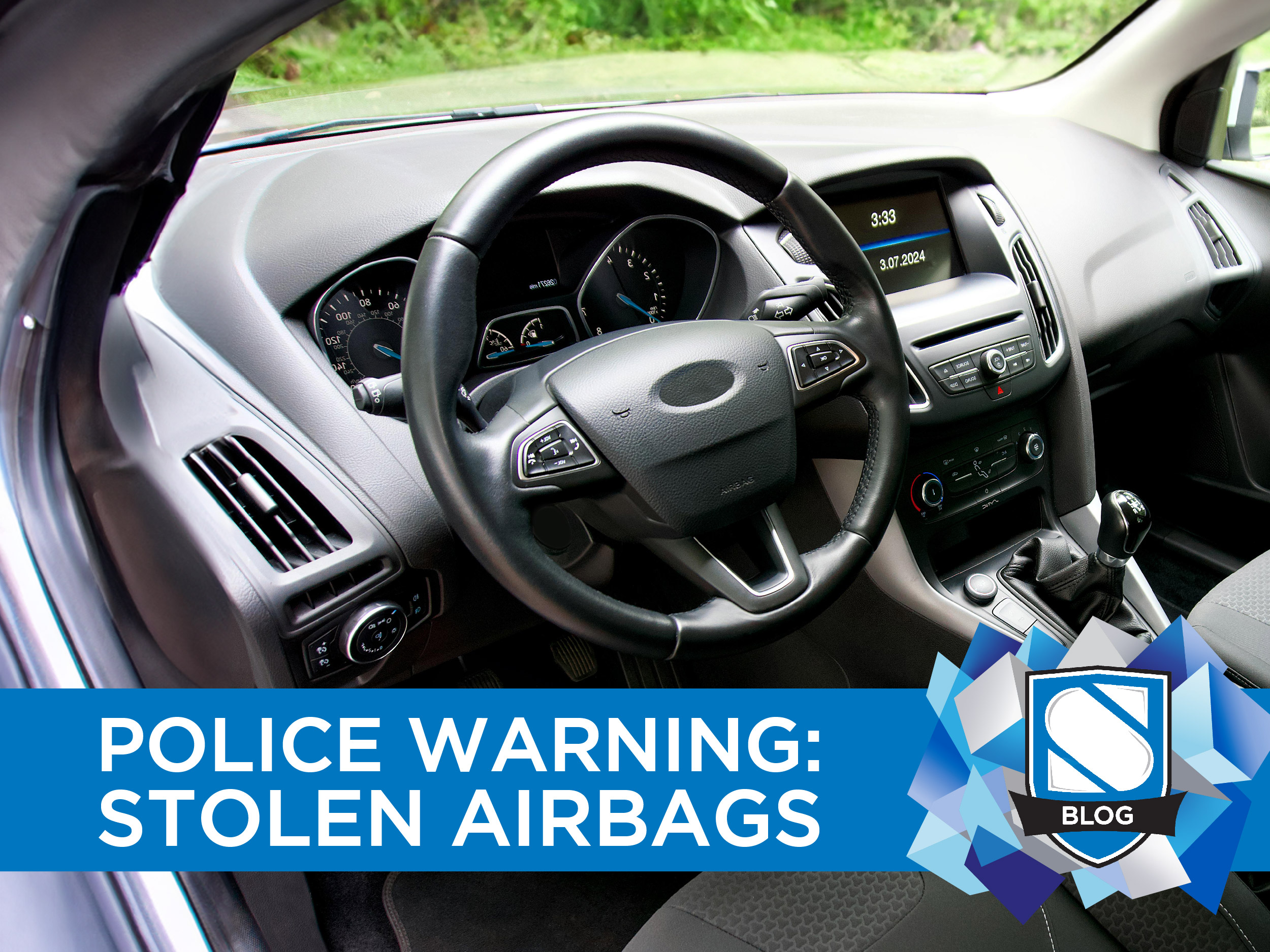
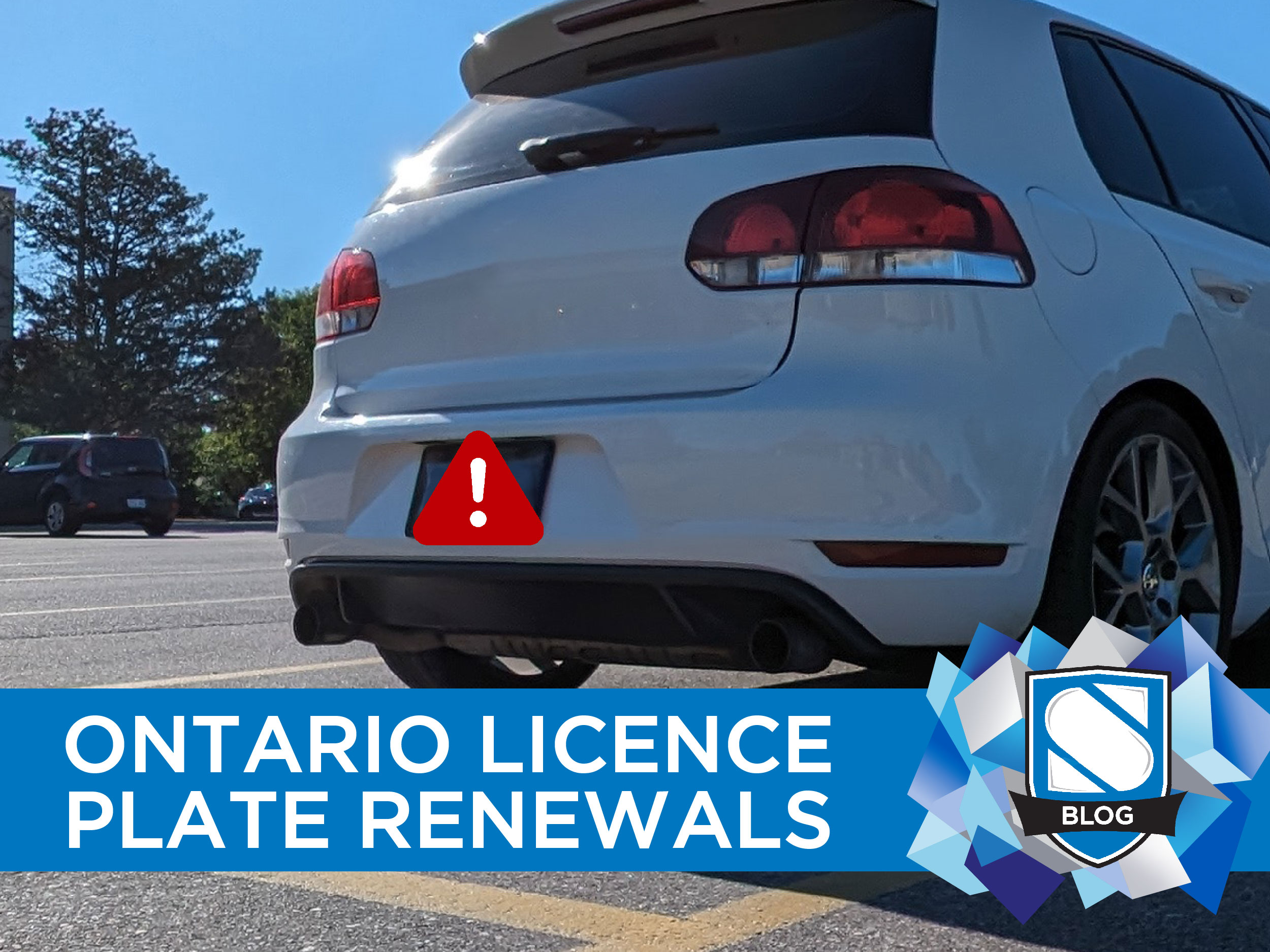
0 Comments